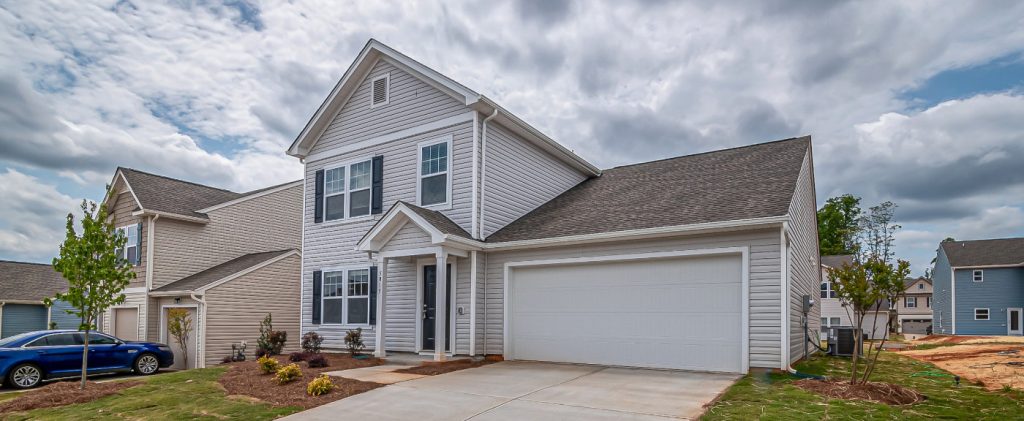Buying a house at below market value, fixing it up, and selling it is house flipping and it can be profitable.
Just how profitable depends on the situation and the experience of the house flipper. Some investors make as much as $100,000 or more and others make less than $20,000.
So what’s the average net profit for flipping a house?
Typically, the average investor makes $30,000 net profit on a house flip if all factors align. Let’s look at what factors to consider.
What's Your Net Profit Margin?
Your net profit margin is basically the profit you make after the house has been sold and all the expenses in the home flipping process have been deducted. It includes the price to buy the home, the renovation costs and the cost to sell it.
As you can imagine, every investor’s profit margin will differ.
It doesn’t matter if you buy a house at ridiculously low prices, if it costs an arm and a leg to fix it up, it takes away from your profits.
By the same token, if you buy a home for a high price and it needs a lot of work to increase the market value, you could end up making a loss.
The key is to find a home in a good location with lots of potential for improvement. This article provides more details on how to find houses to flip.
What’s The Right Acquisition Price?
This is the million-dollar question. What’s the right acquisition price? There is no one-size-fits-all answer here, but there are some general rules that you can follow.
Instead, we can look at the percentages. One rule of thumb is the use the 70 percent rule when establishing the ideal purchase price for a home flip. The 70 rule suggest that that:
Recommended Price = After Repair Value * 70% – Rehab Costs
To use the 70 rule, you must know the home’s after repair value. Talk to a real estate agent or local appraiser to find out the average value for the area. Alternatively, you can also use New Silver’s ARV Calculator.
If you can buy the home using this rule of thumb, you should have enough room to fix it up and sell it for a respectable profit. But again, it depends on the total cost of the repairs. If a home is in horrendous condition and requires extensive repairs, you may want to buy the home for significantly less than 70% of its fair market value.
How Much Are The Renovations?
It’s a good idea to develop relationships with contractors in the area. When you work exclusively with certain contractors, you’ll know their prices and they may even offer lower prices if you send them consistent business.
The lower the renovation costs, the higher your profit margins. While you can’t 100% predict the renovation costs before you buy a home, you should have a good idea, so it can help you determine if it’s a good investment or not. This article provides more details on how to estimate repair costs.
What Are The Carrying Costs?
You must be knowledgeable about the local housing market before you put money into an investment property. If the housing market is slow, you’ll have more carrying costs. Can you afford them?
Carrying costs are the costs you incur while you still own the home. Once you buy and renovate a home, it’s still your responsibility until you sell it. If the market is slow, you may sit on it for a few months.
This means you must continue paying the mortgage, insurance, taxes, and the home’s upkeep. Can you afford the carrying costs? They take away from your net profit as they figure into the cost of buying, fixing, and holding the home.
Make sure you leave a large enough cushion for the carrying costs based on the average time on the market in the area. In addition, you also have to be mindful of closing costs, which can also eat into your gross profit.
Can You Make More Than $30,000?
Every house flip is different. Can you make more than $30,000 in house flipping profit? The truth is that you might, depending on the circumstances and the potential After Repair Value (ARV) of the home.
If you price the house right, doing your homework to find the home that’s priced well below the market value but doesn’t require extensive work you’ll be in good shape to make more than $30,000. Of course, it depends on the market too. Are there buyers? Are they willing to pay what you want for the home? How long will you hold onto the property?
Each of these factors plays a role in the average gross profit you can expect to make when home flipping. While you can’t win them all and make more than $30,000 on every house flip, if you play your cards right, you may be able to maximize your profits more than you thought possible.



